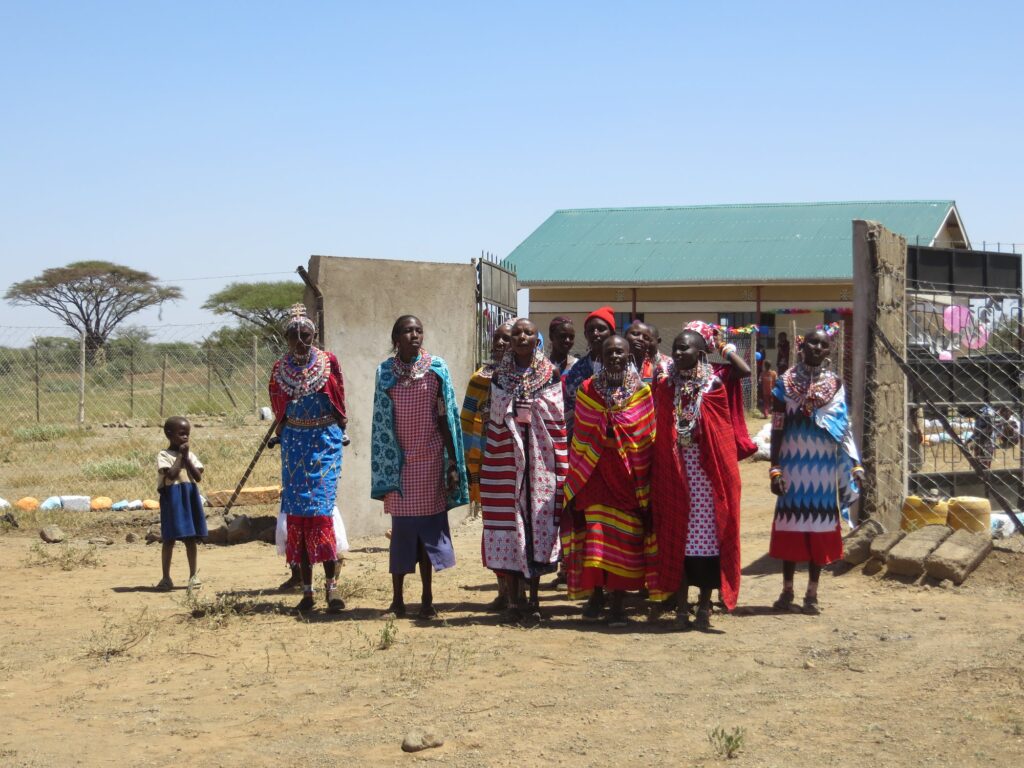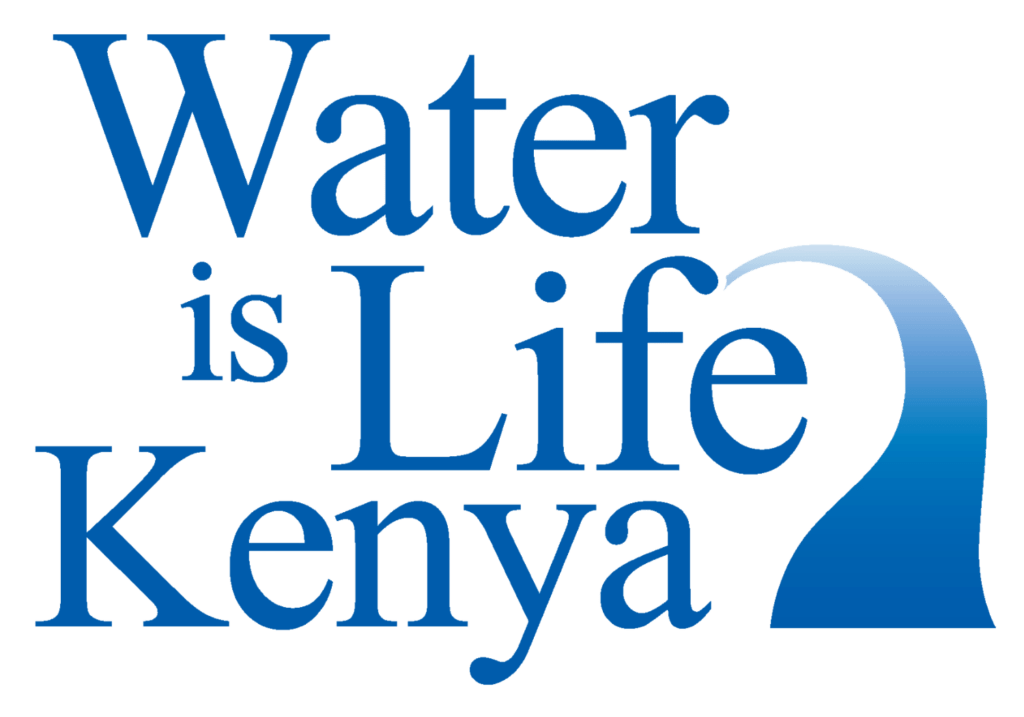
History of the Region
For centuries, the Maasai people herded livestock throughout modern-day Tanzania and Kenya. Today, the Maasai remain a symbol of traditional culture and pride, with their shield and spear pictured on the Kenyan flag. However, their communities regularly suffer from lack of clean water.
Traditionally nomads, the Maasai were pushed to semi-arid lands during Kenyan independence, losing access to more productive lands. Land was given to groups or individuals in small parcels, limiting the territory any individual could use to manage their livestock. In Southern Kenya, Amboseli National Park was created in 1974 around many of the local water sources. The Maasai people living on the land were moved, promised a new water source, and forgotten.
A combination of limited government-initiated infrastructure, limited access to sustainable pasture, and a history of mistreatment and marginalization, has created a water crisis for the people living in Southern Kenya.
WILK is committed to supporting local communities access the water they need, help them with sanitation and hygiene, so their lives can be productive, fruitful, and filled with opportunity for current and future generations.

